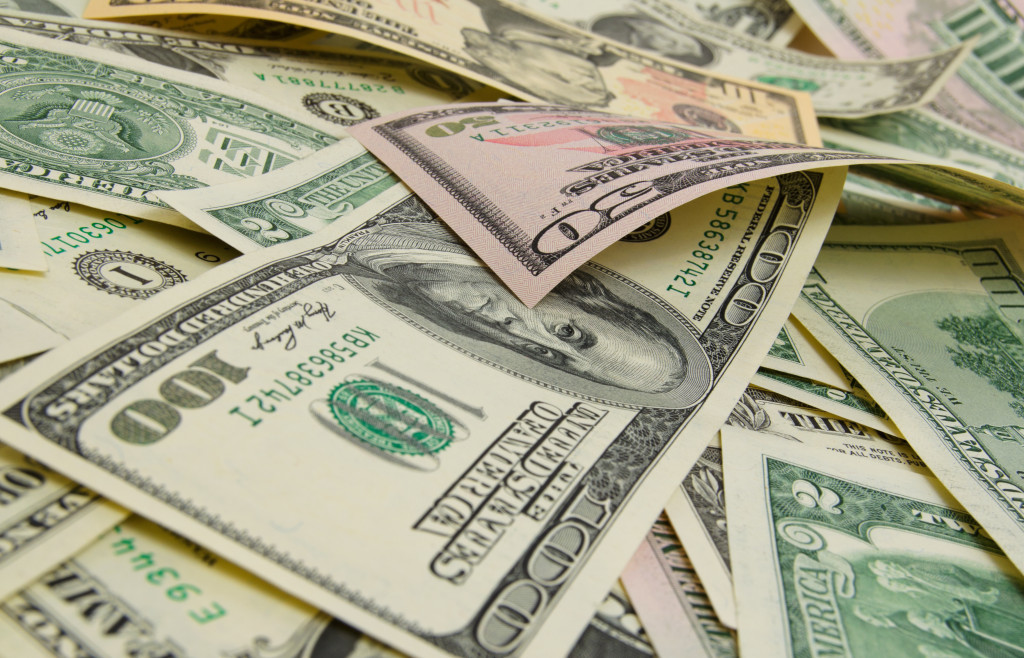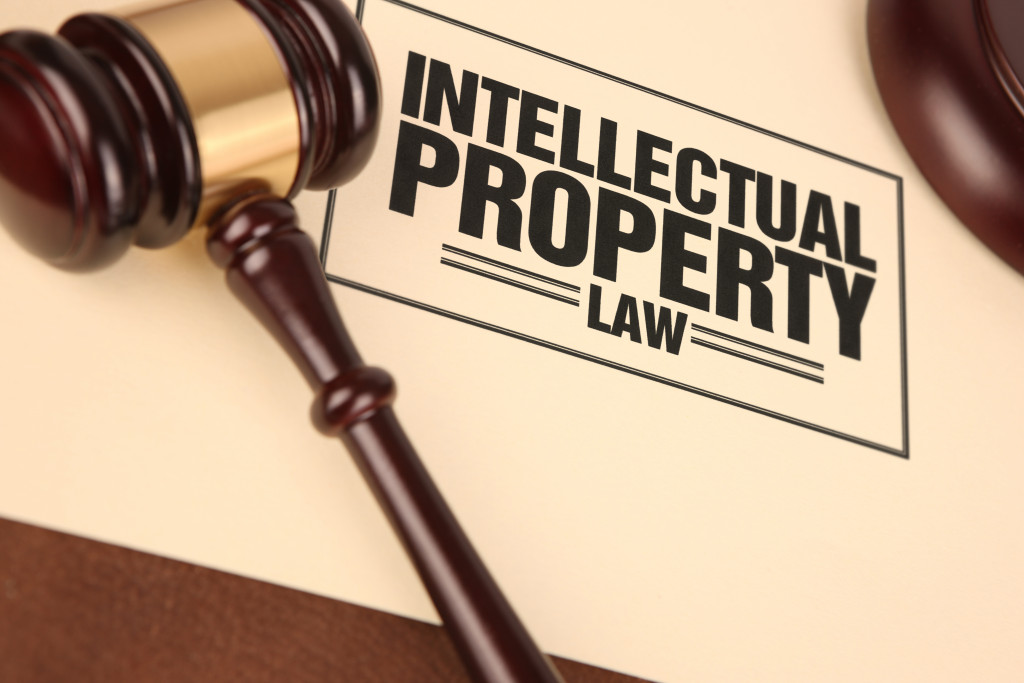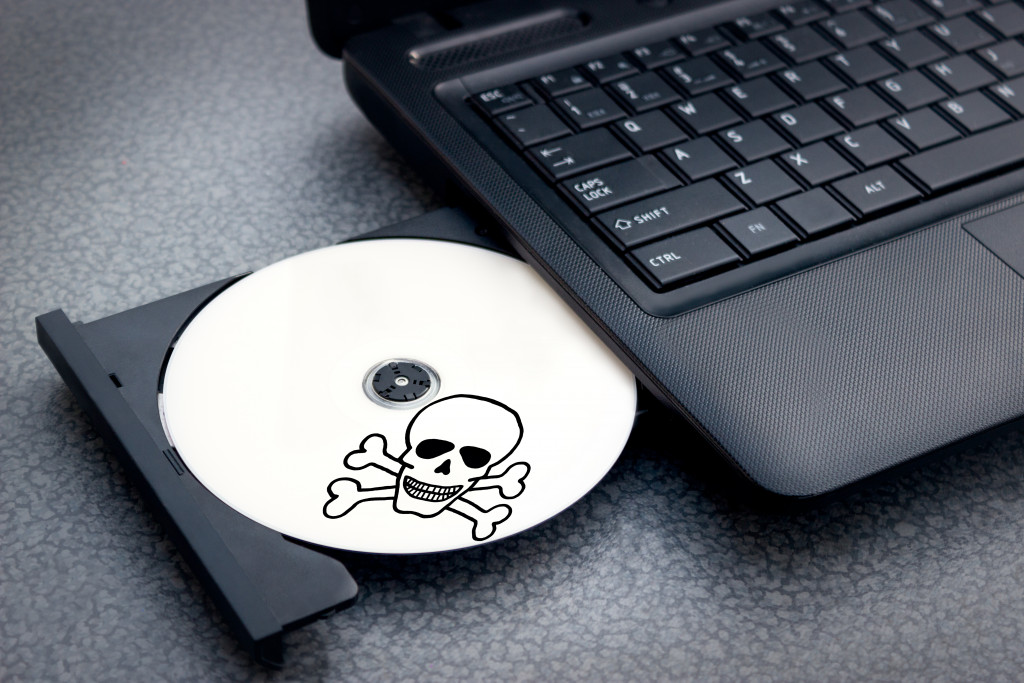- Piracy costs the economy over $12 billion, resulting in lost revenues, investments, and jobs.
- Piracy limits creativity, damages the entertainment industry, and harms small businesses.
- Piracy can cause legal repercussions and impact consumers with viruses and malware.
- Trademarks, copyright infringement, and streaming laws are in place to combat piracy.
- It’s important to know certain laws that protect against piracy, such as the DMCA.
Over the past few years, piracy has become one of the most significant concerns for creators globally. The internet has made it easy for us to share and distribute content worldwide, but it also makes it easy for individuals to pirate copyrighted materials. Piracy is not a victimless crime, and it can severely impact everyone involved.
Piracy Worldwide
It’s estimated that piracy costs the economy around $12 billion. This figure does not include the costs incurred from lost revenues, jobs, and investments. Piracy affects everyone involved, from creators to consumers. Here’s what you need to know about it.
Legal Implications
Piracy is a punishable offense in most countries. If you share copyrighted material without permission, you could face legal action and hefty fines. Many countries have strict laws to deter people from engaging in piracy. Moreover, piracy isn’t limited to downloading music and movies. It can also extend to software, e-books, and other digital content.

Economic Impact
The economic impact of piracy is damaging, from hampering the entertainment industry to ruining small businesses. Piracy costs the entertainment industry billions of dollars annually, resulting in unprecedented job losses. Small businesses that invest their money and time in producing and selling original works suffer significantly from piracy. Pirated goods cost much less than the original ones, often making it challenging for small businesses to compete.
Impact on Consumers
When you download pirated content, you may unknowingly expose yourself to viruses and malware, which can cause a series of problems for your device. Additionally, piracy deprives the creators of the resources they need to produce better-quality works. Creators invest a lot of money and time in their craft and deserve compensation for their hard work, creativity, and innovation.
Limitations on Creativity
One significant consequence of piracy on creators is that it limits their creativity. Creators work hard to bring their ideas to life, and if piracy becomes rampant, it limits the resources they can use for their projects. It’s especially true for smaller publishers or independent creators who might not have the same resources as larger companies. As a result, piracy can be a massive setback for artists and creators that struggle to make ends meet.
Ethical Considerations
Finally, we must acknowledge the ethical considerations of piracy. With piracy, we steal someone else’s work without proper recognition or compensation. It’s essential to understand that piracy is not a victimless crime, and it can severely impact everyone involved. Additionally, piracy can reduce the incentive for creators to create, innovate and contribute to society.
Laws Against Piracy in the U.S.
Thankfully, some laws cover piracy in the U.S. Here are some of them:
Trademarks
Businesses require trademarks as protection for their products and services. This intellectual property prevents others from using the trademarked name, logo, or slogan without permission. If you’re planning to start a brand, consider getting an attorney to help you. An experienced trademark attorney can drastically reduce the risk of piracy. They can even help you save money in the long run.

Copyright Infringement
This is a form of piracy in which someone uses copyrighted material without permission from the owner. In the U.S., copyright infringement can result in hefty fines and even jail time, depending on the severity of the case. Additionally, you could face criminal charges if you’re found guilty of commercializing pirated content.
Streaming Laws
Some stream pirated content and sell it. As such, streaming laws have been enacted to combat this type of piracy. These laws protect copyright holders from illegal streaming activities like selling their material without permission.
DMCA
Another law that covers piracy is the Digital Millennium Copyright Act (DMCA). This act protects websites and other online platforms from being used to infringe upon copyrighted material. If you own a website, make sure you have a policy in place regarding copyright infringement. This is also important for software, ebooks, and other digital content.
To sum it up, piracy is a serious issue that needs to be addressed. It can severely impact creators, small businesses, and consumers alike. To protect yourself from copyright infringement or other forms of piracy, ensure you have the proper legal protection before engaging in any activity related to copyrighted material. Additionally, it’s essential to understand the ethical implications of piracy and consider how it affects everyone involved.



